
Chang Jiang 姜畅
@changjianglab
Assistant member @MoffittNews studying redox biology, cancer metabolism and mitochondria.
ID: 1689119954493173761
https://lab.moffitt.org/jiang/ 09-08-2023 03:42:50
182 Tweet
230 Followers
293 Following

Today on The Cancer Letter Podcast, former NCI Director Kimryn Rathmell speaks with Paul Goldberg, publisher of The Cancer Letter, and Jacquelyn Cobb, associate editor, about the HHS layoffs and their potential impact on mental health. cancerletter.com/podcastc/20250…


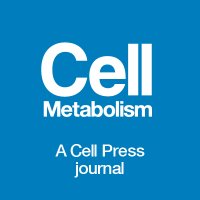
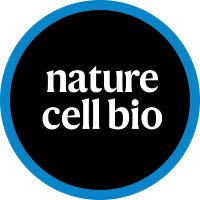


I'm excited to present a small method project of mine from Rutter Lab! Here we designed a dual-purification system to isolate mitochondrial subpopulations based on their proximity to membranous organelles. All constructs will be available on Addgene soon! journals.biologists.com/jcs/article/do…
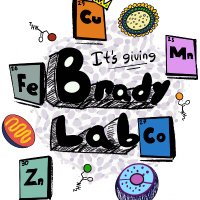
Happy Women’s History Month from Research Trainee Affairs at Penn Medicine Penn Medicine! Check out our events planned for the rest of the month!
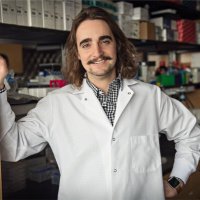

I loved this essay on scientific writing in Nature Biotechnology (rdcu.be/edUCp). It highlights a key lesson I’ve applied throughout my career: the power of reading, thinking, and keeping a notebook with your ideas. Let me explain why this matters… 🧵👇
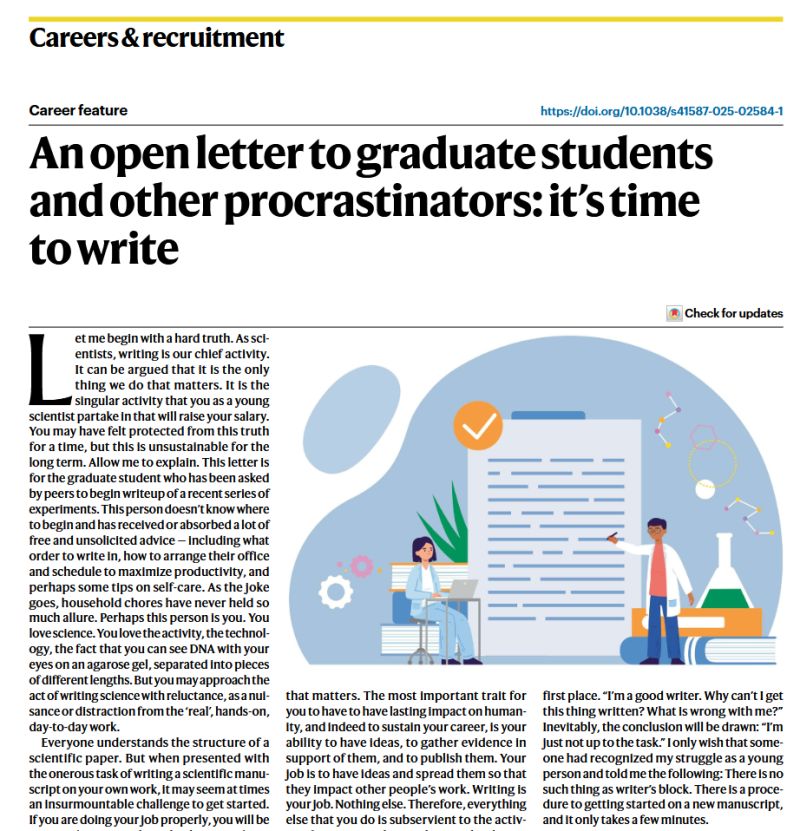
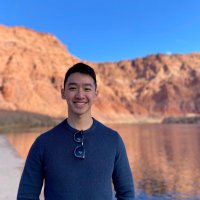

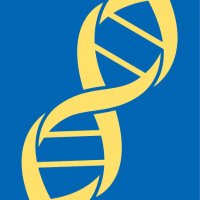
#AACR25: Today we highlight @WashUMedicine faculty members Dineo Khabele, MD, and Xue-Yan He 何雪妍, PhD Check out our complete conference details here: siteman.washu.edu/aacr

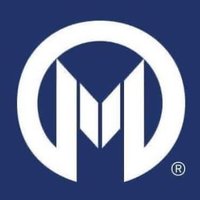
Live from #AACR25: Kaizhen Wang (Kaizhen Wang) from the Karreth Lab discusses how MYBL2 drives melanoma through a surprising mechanism, non-canonical RNA binding. This newly uncovered function reveals how MYBL2 reshapes gene regulation and promotes tumor growth, offering fresh


While at #AACR25, Kaizhen Wang (Kaizhen Wang) from the Karreth Lab shares new insights on melanoma progression, revealing how non-canonical RNA binding by the MYBL2 transcription factor plays a key role in driving the disease. Read more: bit.ly/4cSt6eP #MoffittAACR25

excited to share our latest work now online Nature Metabolism, led by Kyle Flickinger, where we unravel a mechanistic basis for the conditional essentiality of NADK, one of the many interesting hits from our previously reported CRISPR screening with HPLM rdcu.be/ekpu6
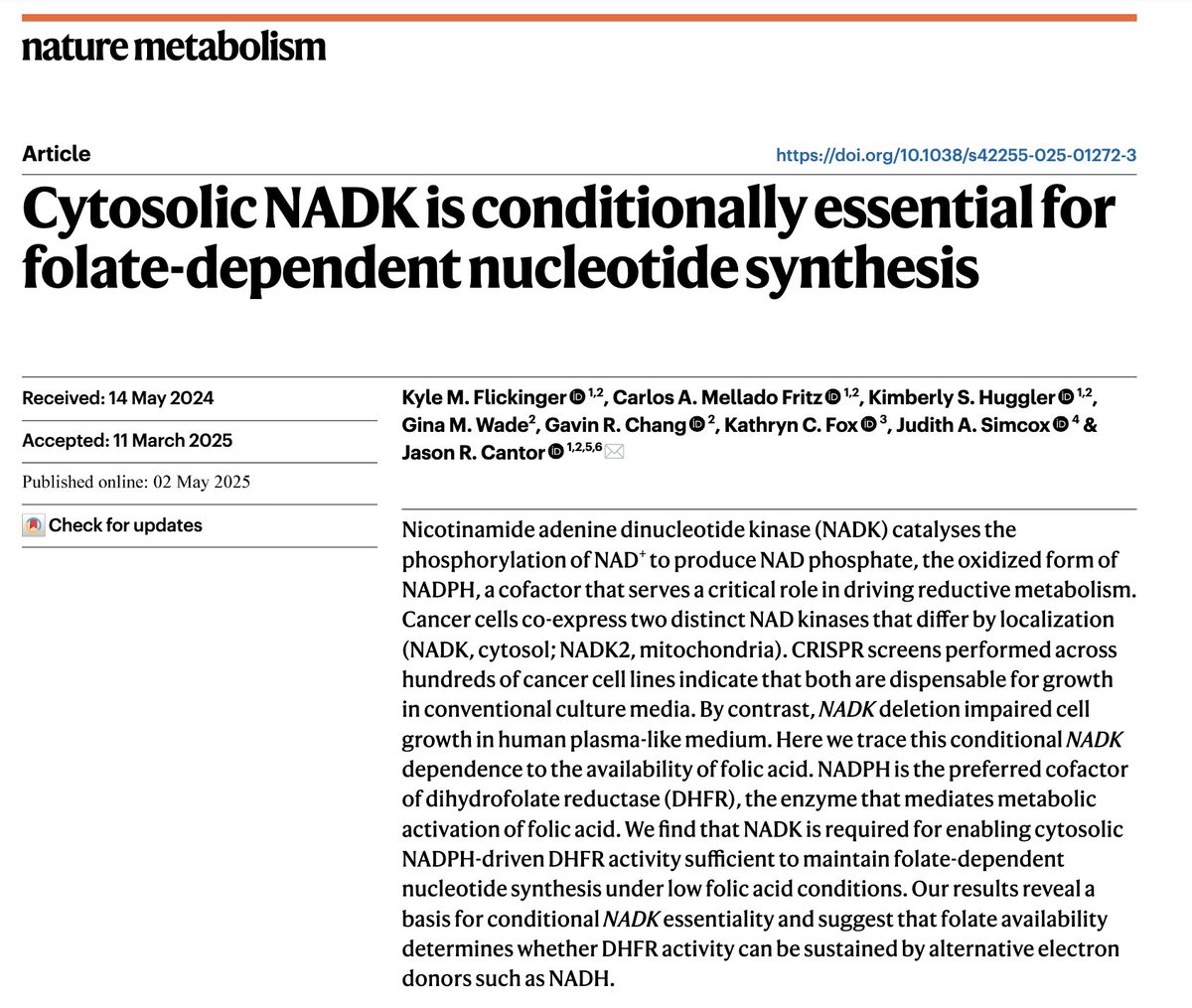
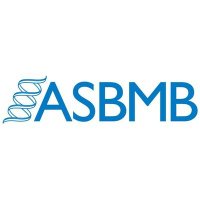
"Cancer cells don’t quickly adapt or rewire this copper dependency, which creates a therapeutic window. By introducing a copper chelator, we can dampen the MAPK signaling that tumors rely on for growth." —Donita Brady of Brady Lab UPenn, Journal of Biological Chemistry associate editor ow.ly/hVCN50VQpfS

My two NIH cancer research grants were terminated today. One involving breast cancer prevention is an “outstanding investigator award” and had received a perfect score by reviewers. How does ending lifesaving cancer research make Americans healthier? Harvard Medical School @aacr


